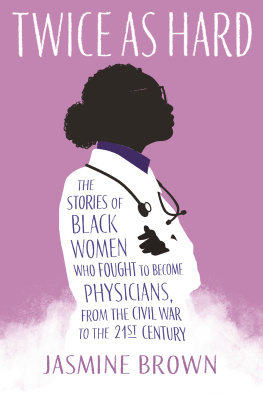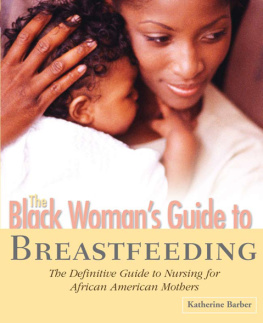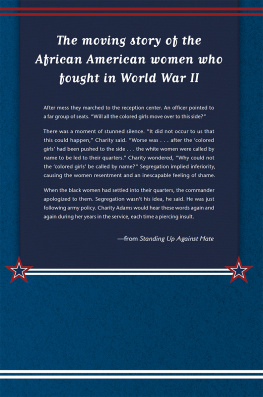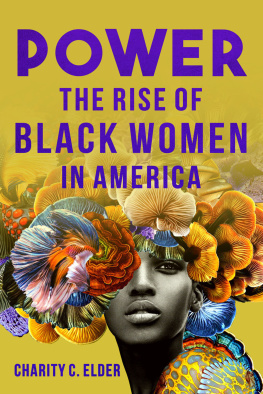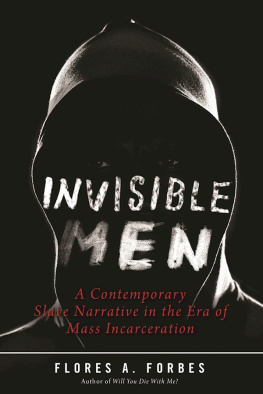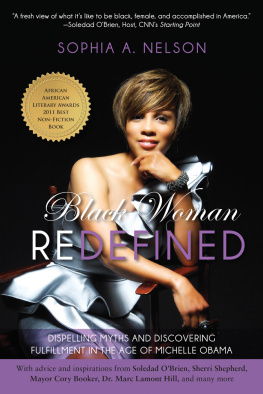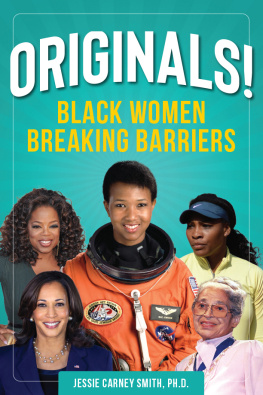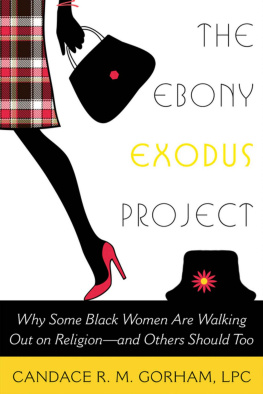Preface
Room 413, Tulsa County Courthouse
S omething about the case drew me in.
On June 23, 2014, I made my way to the fourth floor of the Tulsa County Courthouse to attend a District Court arraignment in a criminal case against a young black womanthe State of Oklahoma vs. Miashah Mosesa troubling case with racial undertones.
Seven months earlier, Miashah, 23, was charged by Tulsa District Attorney Tim Harris on two counts of second-degree murder in the fiery deaths of her two young nieces, Noni, 4 years old, and Nylah, 18 months old. Harris alleged that Mosess actions were imminently dangerous and showed a depraved mind when she fixed the children dinner and left them unattended for eight minutes to take out the trash.
I ventured into Judge James Caputos courtroom that Monday at 9:00 and took a seat in the gallery. The Moses case was delayed, and Caputo called a recess, which put me on a bench outside his courtroom to wait. A large group of black people were gathered there, among them a tall striking woman seated next to me with tight braids laced close to her head.
I had no idea who this woman was but learned in the short time sitting next to her that she was there to attend the same hearing. Her name was Chrisandria Moses, Miashahs mother. The two small victims who perished in a cooking fire on November 18, 2013, at London Square Apartments, a low-income housing project in mid-town Tulsa, were her granddaughters.
She had a gracious persona that belied the warrior beneath, toughened from domestic violence, hardship, and racial disparity tolerated for decades in Tulsa. Through years of struggle she had worked her way from menial tasks to higher positions that commanded a measure of respect, a security guard, a licensed nursing assistant, and, until recently, a Tulsa public school bus driver. She was a passionate, well-spoken, God-fearing woman who knew common sense from nonsense, which is exactly what she believed the justice system had perpetrated on her daughter.
I had no connection to the case other than a long-standing friendship with the bail bondsman, Dennis Wharton, who had mentioned to me that the Moses family had only limited means. Sharon Holmes, their pro-bono attorney, told Wharton the family was struggling to pay Miashahs out-of-pocket legal costs for documents and transcripts needed to defend her. She told Wharton she felt the District Attorneys (DA) stance in the case was harsh and unwarranted. Wharton gave her $500 to help the family with legal expenses.
I had never met Holmes, but Wharton knew her well, along with many judges and attorneys in the Tulsa district criminal courts. He had been a bail bondsman for 18 years and was a licensed California attorney. I dont think the facts support the charges, Wharton confided to me.
Local news outlets adopted a different view from Whartons. Given skeleton facts from police and fire reports, television networks dispensed graphic footage of the inferno. They vilified Miashah with a sullen mug shot, noting that she locked the doors and left the girls trapped inside to die.
In the ensuing weeks, I found myself driving through the area, peering up at apartment buildings for a fire-damaged roof. When I turned toward London Square Apartments, I saw the visible scarscorched wood siding spreading upward from the second-floor balcony to the peak of the roof, a frightening marker of two dead children.
Suddenly, the dynamics of the casethe fire, the media coverage, Whartons supportbecame very real to me.
Thus, my attendance at the hearing that day, and then many more.
The Moses familys presence was huge, supportive, and dedicated, something I witnessed first-hand when I stepped off the fourth-floor elevator and encountered a large group of relatives carrying large posters with photos of the two small fire victims.
More than a dozen Moses family members of all ages were joined together, from Miashahs sister Nubia, a 13-year-old honor student, to Doreen, the childrens grandmother, torn between the desperate loss of her little ones and the empty answers as to why.
Perhaps the most important family member was Keahmiee, the childrens 19-year old mother, who had come to defend her sisters innocence even through the pain of her own devastating loss. Nobody asked me, she said. Im their mother, and Im telling you my sister is not a murderer. My sister loved my kids.
The outpouring was an odd combination of rejoicing, remembrance, and a hard-core defense of a family member whom they believed was nothing more than another victim of the accident herself. It was a family at once torn apart and held together by the same twisted act of fate.
I was struck by Chrisandrias grit and determination as we sat on the bench that morning. This effervescent black woman was a mix of grace and brutal frankness. No one had to wonder what was on her mind. Courtney Fletcher, her soul mate of 17 years, shook my hand and introduced himself, the epitome of a soft-spoken gentleman.
I was raised in a middle-income white family in Tulsa and was generally oblivious to racial issues of the time. That is, until I wandered through the fallen shambles of the old Tulsa downtown train station whose operation had been, quite literally, stopped in its tracks. Rail cars were left standing frozen in time. The tracks that sliced a clean line between Tulsas north side black community and south side white community had long since been left rusted and abandoned. Wandering through the old station, I was perplexed by a solid granite placard over a water fountain inscribed, Whites Only.


